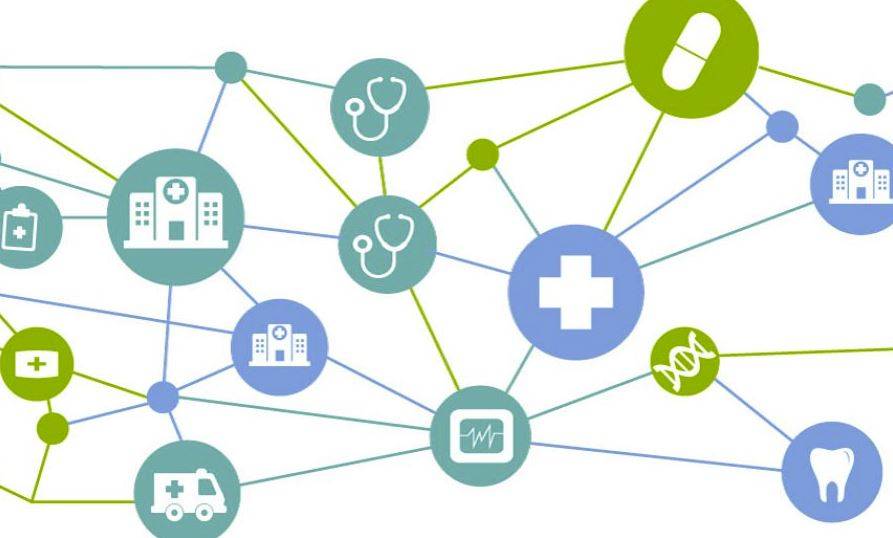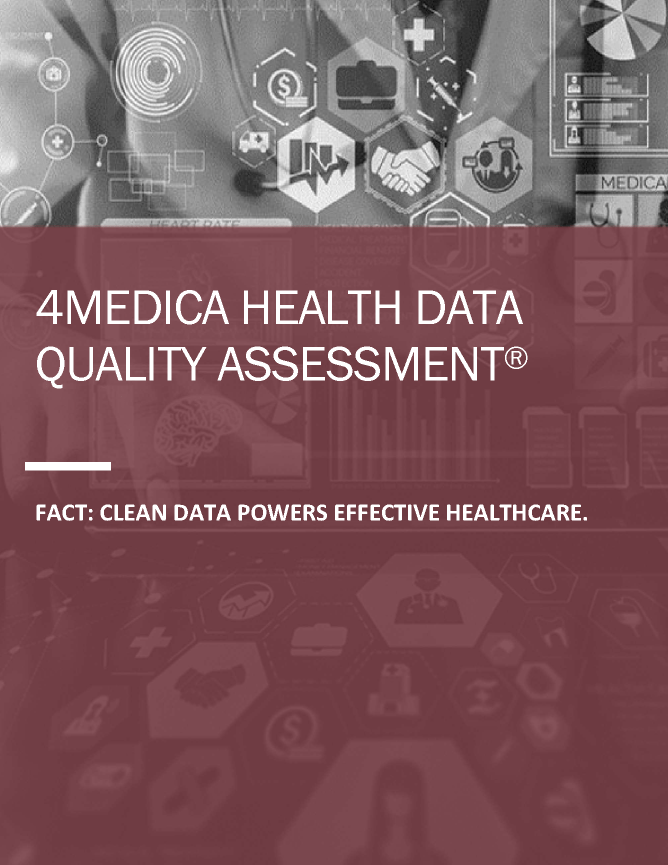On a recent interview on the Data Book podcast, I was asked when true healthcare data interoperability would become a reality. The host, Ron Southwick, correctly noted that it has been promised for a long time.
While I couldn’t give him an arrival date, it’s not because I’ve given up on data interoperability. I’m confident it will happen – and sooner than many skeptics think. It simply makes too much sense not to become reality.

Data interoperability is being driven by a number of factors, including patient demand, the consumerization of healthcare, growth in telehealth and the consolidation of healthcare systems. The federal government has helped by banning information blocking. I’m also seeing improved collaboration between payers and providers as they work toward greater efficiency and meeting value-based care goals.
However, even as the institutional barriers are dismantled, there are still practical obstacles to overcome. One of the biggest of these is the poor quality of patient medical records. Duplicate, overlaid and incomplete patient records are a problem for many healthcare organizations and agencies. Data interoperability doesn’t mean as much if the data being exchanged is of low quality. In fact, spreading low-quality data can make things even worse by creating additional duplicates and causing subsequent problems with test results, diagnoses, treatment plans, billing and more.
In order to share data in a way that produces the maximum benefit for patients, payers and providers, healthcare organizations should ensure it’s as clean and accurate as possible, and free of duplicates and overlays.
Standardizing healthcare data interoperability
Standardization of patient registration is an important first step in accomplishing this. Healthcare organizations should follow common ID templates for entering patient information into their systems, using data points like full names, addresses, phone numbers, emails, etc. Given enough of this information, machine learning of the kind integrated into our cloud-based Data Quality Platform can use it to eliminate duplicates and overlays and match patient records.
As they move toward interoperability, healthcare organizations should prioritize cleaning up the data they now possess and making sure the information they create going forward is of high quality.
Of course, data interoperability wasn’t the only long-awaited healthcare breakthrough we discussed on the podcast; we also talked about universal patient ID and the reasons why I think that is an inevitability, also.
If you’d like to hear more of the Data Book discussion, you can listen here.

